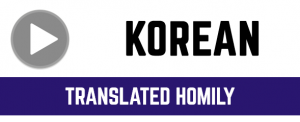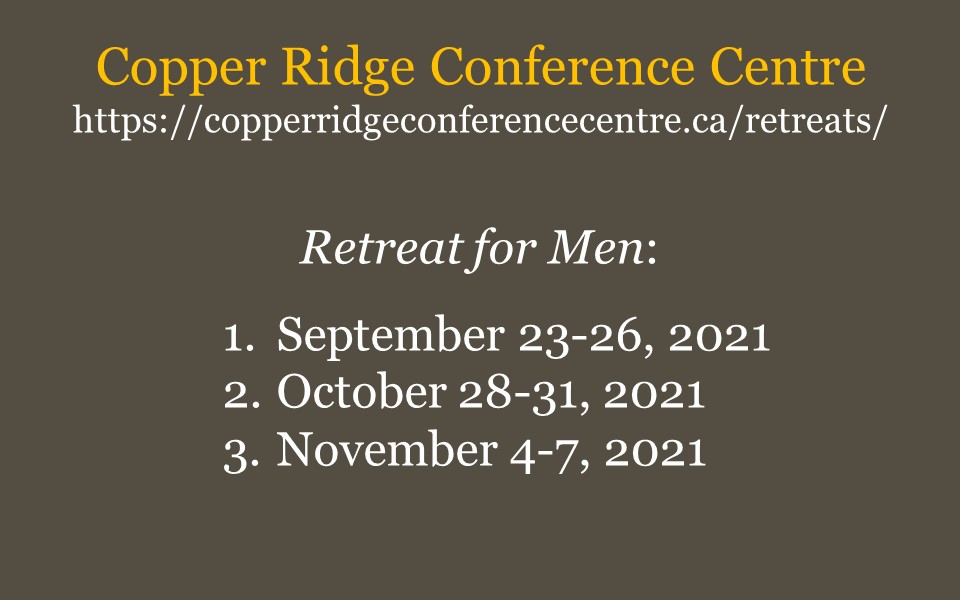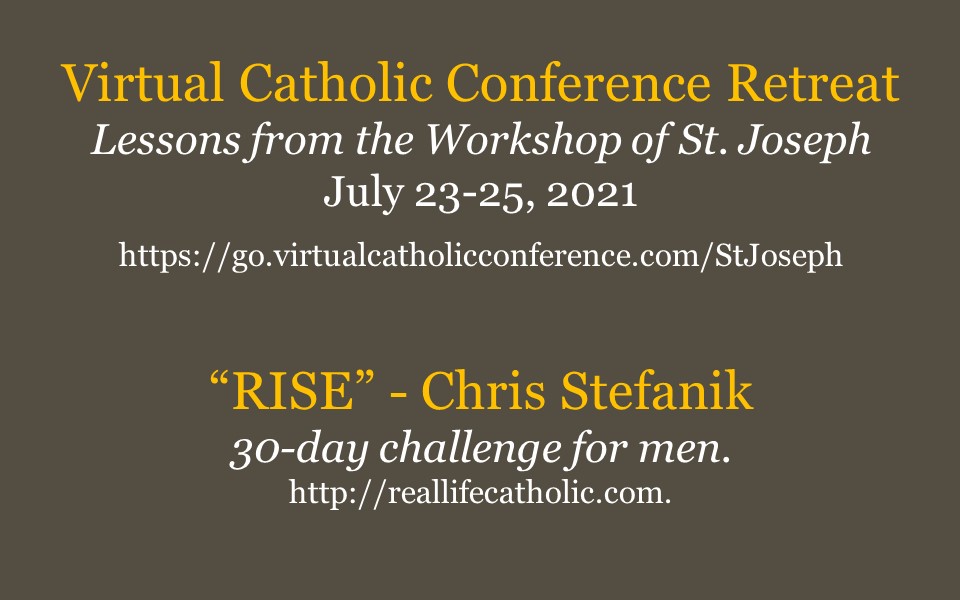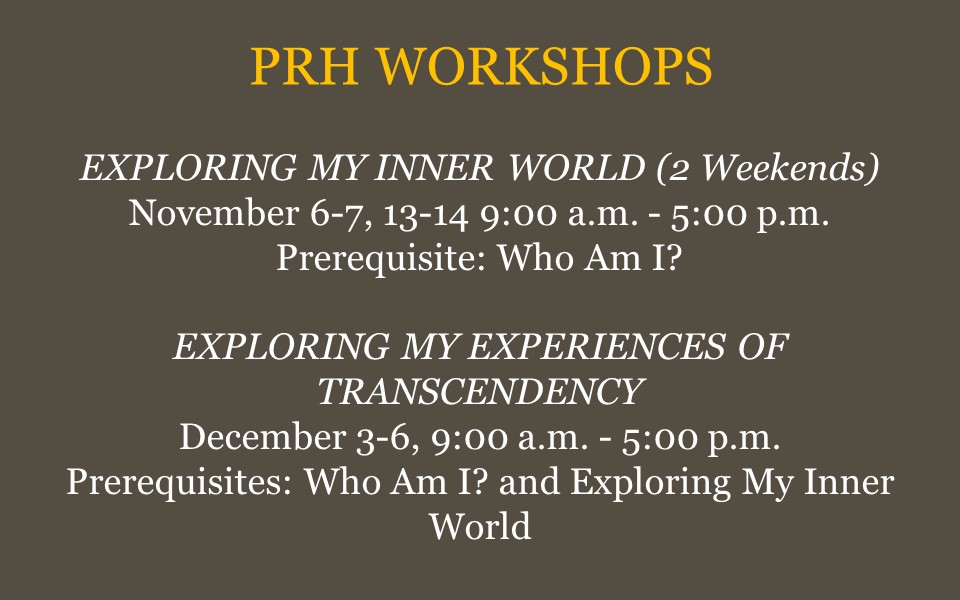When I was 25, volunteering at St. Joseph’s Medical Centre in New York, I always finished my days exhausted. When driving back to the seminary with Guillermo, he was always energized by his visits, while I reclined my car seat and passed out. His patients could speak, whereas I was assigned to patients who could not! I was depleted by trying to communicate the whole day with people who could barely respond.
[Watch Fr. Justin’s homily delivery here.]
When I shared this with my supervisor, Sr. Dolores, she said, “Perhaps you should try visiting another floor.” I objected, “Sister, I’m not sure if I should, because the time will come when I’m a priest, and I’ll be assigned to these kinds of situations.” She said, “That’s right, you will, and, when the time comes, you’ll have to carry them out. But, when we have a choice, sometimes it’s right to choose an assignment that’s more life-giving.” Wow! I’ve never forgotten her advice. She gave me a glimpse of Jesus’ compassion for me and others.
We’re three weeks into our Sabbath Summer, and we’re asking the question: How do we take care of ourselves when others need us? Are we being selfish by resting?
The answer is: No. Jesus has compassion on His disciples in the Gospel: They’ve just returned from their mission and He says, “Come away to a deserted place all by yourselves and rest a while” (Mk 6:31). Their exorcising, healing, and teaching were so fruitful that the text specifies that they didn’t even have time to eat. So, it’s Jesus’ will that they rest!
Notice that He actually does something about it. “And they went away in the boat to a deserted place by themselves” (6:32). Many of us struggle to schedule a specific time to rest and go on retreat. We talk about it, but never do it.
Robert Morris, whom I mentioned last week, once asked a friend to schedule a lunch. Robert asked, “What do you have scheduled for next Thursday?” “Nothing.” “Great! Let’s do lunch next Thursday.” His friend clarified, “No. I’m doing absolutely nothing on Thursday… Robert… I have written ‘Nothing’ on the entire day of Thursday… I am deliberately, intentionally scheduled to do nothing.” He then explained that he was close to dying a few years prior, and, while in hospital, he complained to God, “Lord… I try to serve you… I don’t understand why I’m so sick!” God responded, “Son, you’ve been violating My principles. You violate the Sabbath. You’re constantly going and doing. You don’t rest one day a week. That’s the reason for your health problems. I didn’t bring this on you. You brought it on yourself” (Robert Morris, Take the Day Off, 17-18). Then he learned to schedule a true Sabbath. We, too, need to schedule rest and do it.
But there’s a second part of doing God’s will: Jesus has compassion on the disciples, but also on the crowds. “As Jesus went ashore, he saw a great crowd; and he had compassion for them, because they were like sheep without a shepherd; and he began to teach them many things” (6:34). The crowds are so desirous to see, learn from and be healed by Jesus that they walk around the lake on foot. And even though the disciples need rest, Jesus interrupts their needs to take care of the needs of others.
There’s no contradiction between taking care of our needs and those of others. It’s all about doing God’s will and having Jesus’ compassion. Once we have the heart of Jesus, we’ll never feel guilty about scheduling time to rest, but we’ll also be able to handle interruptions well. We aim for rest, but are fully available for sacrifice.
Now this doesn’t mean we should always be near the phone, just in case a family member needs us, or let’s say we’re a realtor, being ready to be interrupted doesn’t mean we should violate the Sabbath just so we can make more money. Under regular circumstances, you can and should go out of town and relax. But, if you detect God’s calling you to help someone while out of town, listen to that need.
St. Vincent de Paul wrote to his priests how we should respond when we get interrupted: “If a needy person requires medicine or other help during prayer time, do whatever has to be done with peace of mind. Offer the deed to God as your prayer. Do not become upset or feel guilty because you interrupted your prayer to serve the poor. God is not neglected if you leave him for such service. One of God’s works is merely interrupted so that another can be carried out. So when you leave prayer to serve some poor person, remember that this very service is performed for God”.
Most of us err on either side: Either we never schedule daily time to pray or rest, and so we’re always available, but then we get worn down. Or we’re so self-focused that we get irritated when people or our children interrupt us, and never make time to serve the people God’s asking us to serve.
Jesus is inviting us to do a retreat this year. Here are a few options:
- Opus Dei Retreats for Women
- Opus Dei Retreats for Men
- Archdiocese of Vancouver’s Men’s Retreat
- Virtual Retreats
- Retreat Houses
- PRH Summer Workshops
- PRH Fall Workshops
- PRH Winter Workshops
And, if you need greater flexibility, go to Whistler any time, stay at any hotel, and go to Our Lady of the Mountains Parish for daily prayer. Read a spiritual book, or watch some retreats online. My classmate, Fr. Andrew L’Heureux, will welcome you to daily Mass and be available for Confessions.
If you need help, talk to our hospitality team today. They have a few books on hand that can guide your retreat.
And don’t forget what we discussed in August 2020: Set up that oratory (prayer area) in your home –use it as a place for rest and prayer.
Jesus wants us as a community to rest right now, because in September we have many opportunities to grow and be available to invite our friends: We have Journey Through Scripture to know the Bible; The Marriage Course so that all people can improve their marriage, and Alpha for friends who are exploring faith. In addition, we’ll have NET (National Evangelization Team) coming in early October. That will be our time for mission. Now is a time for rest.
Last week, I told you about Jennifer Fulwiler’s living from an overflowing tank, and how one retreat made all the difference!
On the final day of the retreat, all the women had opportunities for Confession, but someone announced that one priest, Fr. George, would be missing, because his nephew and niece died in a car accident an hour before. When Jennifer went to Confession, the priest helped her see God’s plan. When she finished, she saw that the priest with whom she was talking was Fr. George. So, she asked an organizer how that could be, and the answer was: “His flight is later in the evening, so he came up here before he has to leave.” (Jennifer Fulwiler, One Beautiful Dream, 124-130). Jennifer tried to process what she just experienced: A man who had just suffered a tragedy still made time for others, and the time he made for her changed her life. He needed compassion, and scheduled to receive it, but he also heard Jesus’ call to give compassion.










